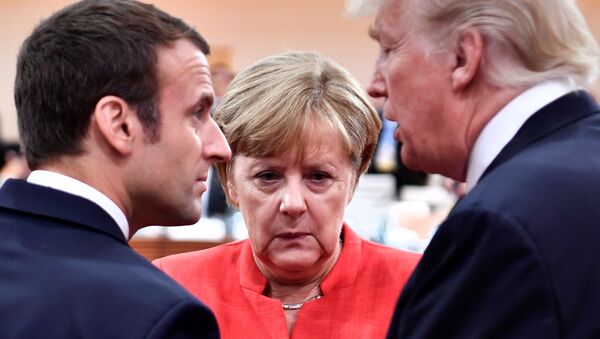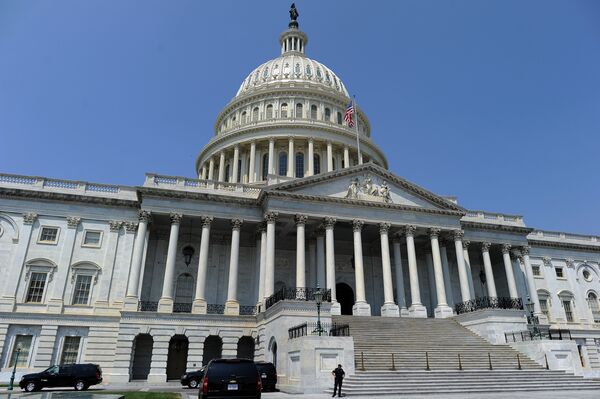France supports the idea of tech giants' profits to be registered and taxed where businesses have significant interaction with users through digital channels. This proposal, introduced by the European Commission in March 2018, would enable EU countries to tax profits that are generated in their territory, even if a company does not have a physical presence there.
France, backed by some EU members, believes that the new system would ensure a real link between where digital profits are made and where they are taxed, specifically by a 3% interim tax on sales.
The Romanian Presidency (incoming January-June 2019) called for a "reasonable and appropriate way to tax the digital economy" during the macro-economic dialogue, part of the Economic and Financial Affairs Council to start on November 6.
Like France, the British government has argued in favor of a digital services tax (DST). In his budget announcement, British Finance Minister Philip Hammond said a "narrowly-targeted tax" is due to enter force in April 2020 in Britain. It would apply to firms making $650 million in annual global revenues so that only "established tech giants rather than our tech start-ups shoulder the burden."
“We will now introduce a UK Digital Services Tax.
— HM Treasury (@hmtreasury) October 29, 2018
…It will be carefully designed to ensure it is established tech giants – rather than our tech start-ups — that shoulder the burden of this new tax.” #Budget2018 pic.twitter.com/h2hKxMrO1Y
READ MORE: UK Wants Google, Facebook to Pay 'Narrow-Targeted' Taxes on Domestic Revenue
Meanwhile, Germany believes in the minimum global tax regime based on profits, while Ireland and several northern European countries who host the European bases of the tech companies, firmly opposed the French-led taxation crusade.

Germany's stance hasn't yet discouraged the French Finance Minister, who said on Monday that Paris is "determined to reach a decision together" and professed a "Franco-German accord on the matter."
"But Germany has also said they will keep going, they will use the following weeks, that they also want a deal with France," Bruno Le Maire added.
Unrest in Washington
Among other arguments, Berlin has also suggested that if the EU targets the likes of Google, Amazon, Facebook and Amazon, it would trigger retaliatory measures from US.
Washington sees the EU proposal to introduce a 3% DST on revenues resulting from the supply of certain digital services as "troubling news."
In its letter to EU leadership, the US Senate spelled out the doom the DST will bring and pointed out there was no end date for that so-called "interim tax," which means it could "conceivably last indefinitely."
"The EU already has a revenue tax based on the location of the customer — the VAT. Consequently, the digital services tax will undoubtedly lead to double taxation of multinational companies," the letter signed by senators Orrin Hatch and Ron Wyden and sent in October 2018 stated.
The US Senate Committee on Finance also argued that given the EU's inability to enforce mechanisms against non-EU companies with little or no footprint in the EU, third country corporations, such as Chinese companies, "would effectively fall outside the proposal's scope, further enhancing the legal problems with the interim proposal."
Legislative proposals on digital services tax by the European Union are expected to be submitted to the Council for adoption and to the European Parliament for consultation.



